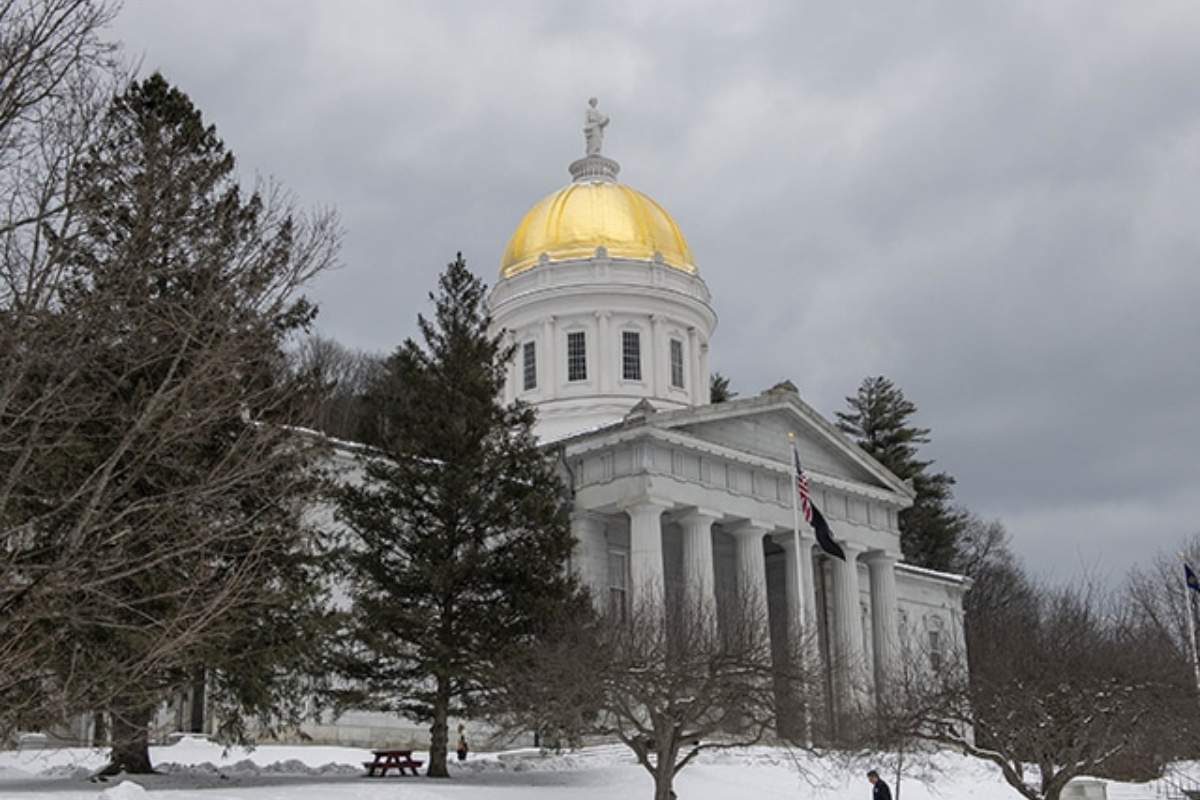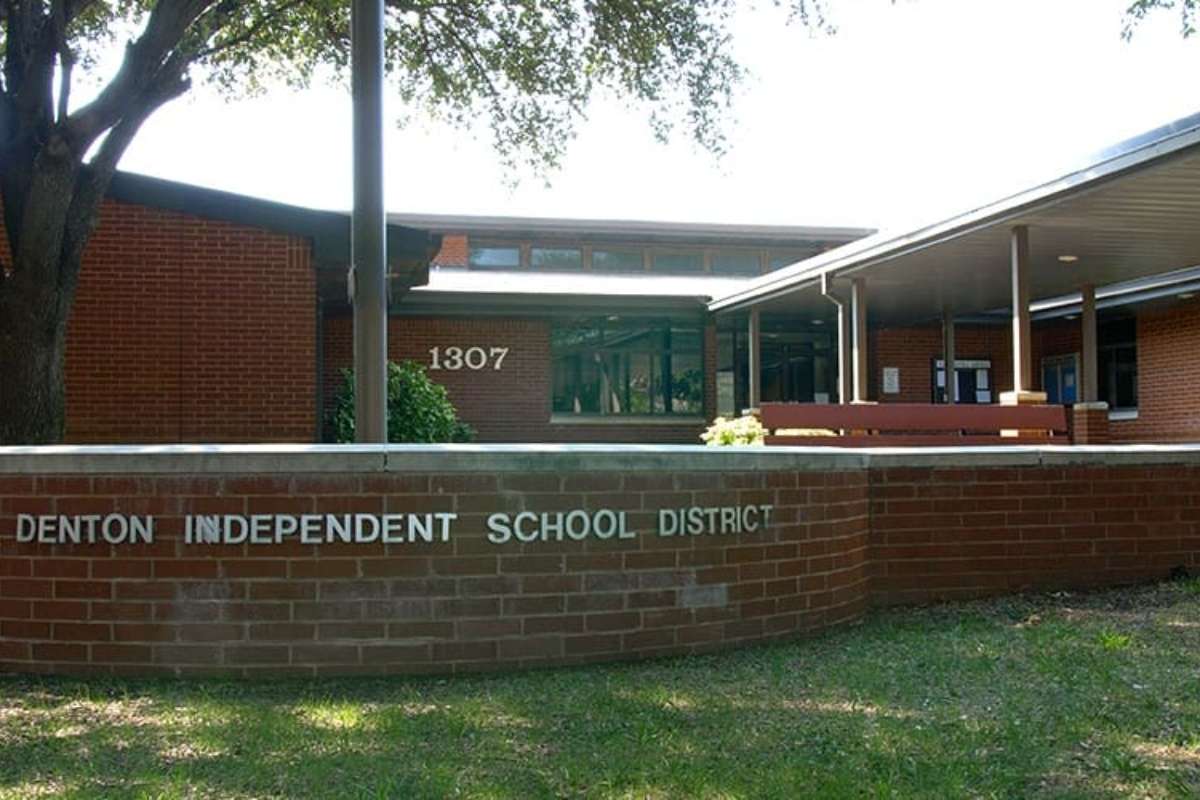Source – Bloomberg.com
In the realm of higher education, the burden of crippling student debt has long plagued graduates. The spotlight is now on America’s wealthiest colleges and universities, accused of being the primary culprits in leaving students with debt dilemma. A new congressional bill, introduced by House Republicans and titled the College Cost Reduction Act, seeks to hold these institutions accountable by imposing hefty fines.
At the heart of the proposed legislation is the concept of “risk-sharing.” This provision is part of a comprehensive overhaul of the higher education system and serves as a response to the escalating student loan crisis that has reached crisis levels. Spearheaded by Rep. Virginia Foxx, the bill aims to update the Higher Education Act, a federal law that has been overdue for reauthorization since 2008.
Striking Changes in GOP’s 224-Page Bill
The GOP’s bill, a sprawling 224-page document, introduces several transformative ideas, provoking strong reactions from Democrats and higher education advocates. A standout proposal is a drastic reduction in the borrowing limits for students. Under the bill’s provisions, undergraduate students would be restricted to a total borrowing limit of $50,000, while graduate students would face a cap of $100,000. Critics argue that such limitations could severely impact students without access to grant money, narrowing their educational choices.
Sameer Gadkaree, President of the Institute for College Access & Success, expresses concern that these changes could condemn some borrowers to a lifetime of debt, a sentiment echoed by many within the higher education community.
Despite the bill’s controversial nature, bipartisan support is gaining momentum on Capitol Hill to make higher education more affordable. President Joe Biden has made affordable education a central tenet of his broader student loan relief efforts. Even in their critiques of these efforts, Republicans emphasize bipartisan criticism of the soaring costs of college education.
Rep. Virginia Foxx stresses the need for quality assurance in education, arguing that the focus of colleges and universities has veered towards exploiting students and parents.
Behind closed doors, Democrats vehemently oppose the bill. The lack of consultation during the crafting of the legislation has deepened the partisan divide. A House aide, not authorized to speak publicly, reveals that Democrats were excluded from the process, contrary to the usual practice in more bipartisan legislation.
Karen McCarthy, Vice President of Public Policy at the National Association of Student Financial Aid Administrators, notes that colleges are still deciphering the intricacies of the bill. The association is eagerly awaiting feedback from various educational institutions, remaining vigilant for potential unintended consequences.
Financial Accountability: Colleges in the Crosshairs
One of the bill’s most radical propositions is shifting financial responsibility from student loan borrowers to colleges. If passed, colleges would be obligated to repay their graduates’ loans if those graduates fail to meet anticipated income levels. According to The Foundation for Research on Equal Opportunity, private schools could face fines amounting to hundreds of millions of dollars for leaving students in debt dilemma.
Notable institutions like the University of Southern California and the University of Phoenix could face annual penalties of $170 million and tens of millions, respectively. Preston Cooper, a higher education researcher at FREOPP, emphasizes that elite nonprofit schools heavily reliant on the student loan program stand to lose the most. The overarching goal, he argues, is to alter incentives within these institutions.
Despite the potential transformative impact of the bill, it lacks bipartisan support, with Democrats expressing concerns about its repercussions on community colleges and minority-serving institutions. Major players in the higher education lobby, including the American Council on Education, voice reservations. Emmanual Guillory, the group’s senior director of government relations, shares Democrats’ concerns about the potential negative impact on colleges enrolling more students from marginalized communities.
As the debate unfolds, the question remains: Can imposing fines on wealthy colleges truly rectify the student debt dilemma crisis, or will it inadvertently create more challenges for diverse and economically disadvantaged students? The path to a consensus is fraught with challenges, reflecting the complex nature of the higher education landscape in the United States.
The proposed risk-sharing provision, making colleges financially responsible for unpaid loans, faces scrutiny for its potential to disproportionately affect certain institutions. Democrats, concerned about its impact on community colleges and minority-serving institutions, argue that it could exacerbate existing inequalities in access to quality education.
Emmanual Guillory of the American Council on Education underscores the complexity of the issue, pointing out that not all colleges start from the same financial standpoint. Critics argue that financially penalizing colleges for pay gaps in the job market or labor challenges in other industries may oversimplify the intricate factors contributing to these disparities.
Debt Dilemma: How students facing potential loan debt should approach choosing a college
Unintended Consequences and Lobbyist Perspectives
Karen McCarthy highlights the vigilance required to navigate potential unintended consequences. The National Association of Student Financial Aid Administrators waits eagerly for feedback from schools, recognizing that the implications of such a substantial bill may ripple through the higher education landscape.
While major players in the higher education lobby express concerns, no official stance has been taken. The nuanced nature of the debate reflects the difficulty in finding a one-size-fits-all solution to the multifaceted challenges in the higher education sector.
The partisan divide over the bill’s key provisions raises questions about its likelihood of passing through the current Congress. Its massive scope and the historic levels of gridlock experienced by this Congress present significant hurdles. However, the growing bipartisan consensus on the urgent need to address the affordability of higher education suggests that, in some form, legislative changes may be on the horizon.
President Joe Biden’s commitment to affordable education and broad student loan relief further amplifies the urgency of finding common ground. The GOP’s bill, despite its radical propositions, has sparked a crucial conversation about reshaping incentives and ensuring colleges prioritize the interests of students and families.
Also Read: Michigan Governor Erases School Debt and Boosts Education and Infrastructure Funding










